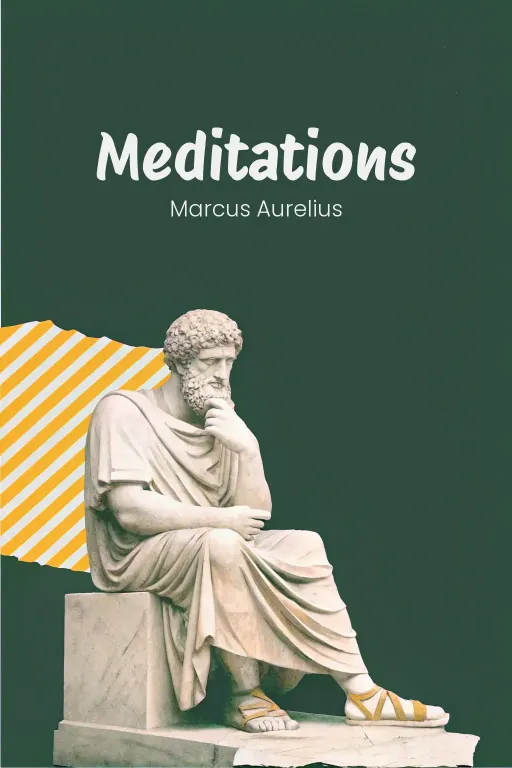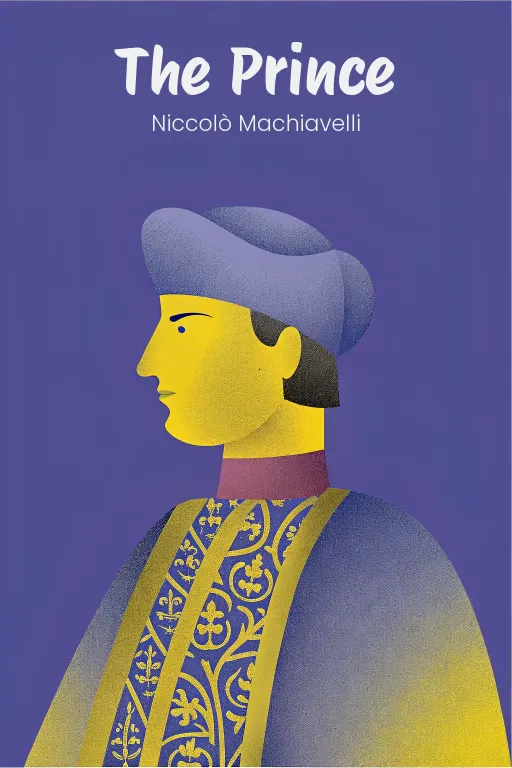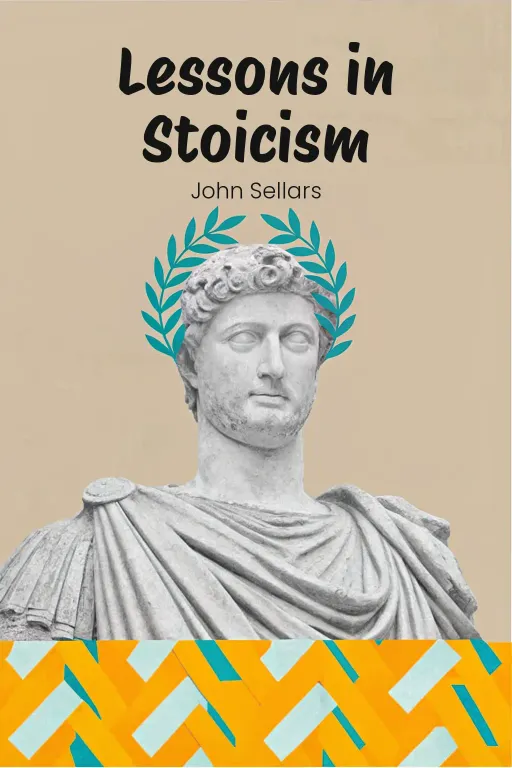
Meditations
Philosophy
Marcus Aurelius
A Scholarly Exegesis of Marcus Aurelius' Meditations
Marcus Aurelius' Meditations stands as a timeless testament to Stoic philosophy, a profound collection of personal reflections that delve into virtue, the acceptance of the natural order, the primacy of rational thought, and the attainment of inner tranquility. Far from being a systematic treatise, Meditations offers a deeply personal glimpse into the intellectual and moral struggles of an emperor striving to live a virtuous life amidst the immense pressures of leadership. Aurelius emphasizes self-control, the ephemeral nature of external circumstances, and the pursuit of a good life rooted in harmony with nature and one's moral purpose. By contemplating mortality, the interconnectedness of humanity, and the pursuit of wisdom, Aurelius implores readers to live virtuously, contribute positively to society, and cultivate enduring inner peace.
Aurelius, born Marcus Annius Verus into Roman nobility in A.D. 121, descended from the venerable Numa Pompilius, Rome's second king. His aristocratic upbringing availed him an unparalleled education, yet it was through facing adversity that his profound wisdom was cultivated. The early loss of his parents instilled in him a profound appreciation for familial bonds and the virtues they exemplified. Adopted by his grandfather Annius Verus, Aurelius was nurtured in gentleness, meekness, and the strength of personal virtue during times of tribulation.
The philosophical ethos surrounding Aurelius profoundly shaped his character and approach to governing a vast and often tumultuous empire. His mentors, Rusticus and Sextus, instilled in him the principles of self-improvement, sincerity, and living in accordance with nature. Under their tutelage, Aurelius came to regard virtue as the summum bonum, striving to mirror the virtues he admired in others. These formative lessons laid the ethical and intellectual foundation for his Stoic meditations, a philosophical tradition that champions reason, self-control, and resilience in the face of hardship.
Aurelius confronted the excesses and frivolities that permeated his era. In a society enthralled by spectacles, such as the notorious chariot races, he maintained a steadfast focus on duty and moral integrity. This inclination toward simplicity and rationality resonates throughout his writings, where he meticulously documented his thoughts with the intention of self-accountability and moral refinement.
Ascending to the throne in 161 AD, Aurelius faced formidable challenges, both from external enemies and internal conflicts. Yet, he remained unwavering in his commitment to Stoic virtues, demonstrating the capacity of a philosopher-king to strategize militarily and administer justice with profound ethical consciousness. His dual role as Emperor and philosopher cemented a unique legacy, interweaving personal reflection, moral duty, and the incessant pursuit of wisdom, a legacy that continues to resonate with readers across centuries.
In Meditations, Aurelius frequently reflects on gratitude toward those who influenced him, acknowledging the virtues instilled by his family, mentors, and the vicissitudes of fate. He expresses profound appreciation for qualities such as moderation, truthfulness, and cheerfulness, recognizing their cultivation through the examples set before him. His grandfather imparted lessons of gentleness and restraint, echoes of which resonate in Aurelius' deliberations on the importance of a calm demeanor amidst the storms of public life.
Aurelius also probes the transient nature of existence, viewing death not as an end, but as an integral part of life. He urges readers to confront the reality that the world, as we perceive it, is ephemeral. "This world is mere change, and this life, opinion," he wrote, prompting introspection about personal significance. He finds that understanding this cyclical existence, encompassing sickness, joy, failure, and triumph, brings peace, as these events serve a purpose reflecting the divine orchestration behind everything.
The emperor argues that aligning actions with nature requires rejecting distractions that compromise our rationality. Engaging with historical figures and philosophers amplifies the blend of thought and ethical living. "What is it then that shall always be remembered? All is vanity," he wrote, admonishing us to focus on what truly matters—acting justly, speaking truthfully, and practicing kindness.
Within society, interconnectedness emerges as a vital theme, emphasizing mutual support and commitment to the common good. This interconnectedness transcends obligation, becoming a moral duty. Actions impact everyone, and good citizenship originates in realizing humanity binds us. As Marcus Aurelius suggests, “If understanding and reason are common to all, then so too is the law of justice."
The ability to manage emotions and opinions is essential. Suppressing negative emotions such as discontent or rage is vital. He reminds us how emotions can negatively impact decision-making, and the challenge lies in recognizing and then choosing not to engage with these emotions. A steady mind brings true peace because it learns to dismiss external turmoil. Focusing on an internal state allows transcendence from trivial disturbances. Aurelius reminds all to contemplate that thoughts and memories are reflections of the greater universe.
A pivotal influence in shaping Aurelius came through his mentorship with M. Cornelius Fronto. Fronto, a celebrated orator, fostered integrity within his pupil. Through their letters came insight and understanding of Stoic principles, emphasizing self-reflection and moral integrity in grappling with modern existential dilemmas. Marcus often contemplated the ephemeral nature of life, realizing true contentment lies in aligning with reason and nature.
In conclusion, Aurelius’ Meditations presents Stoicism as a powerful guide for living a resilient and peaceful life. By emphasizing harmony with nature, the practice of virtue, and the nurturing of inner peace, Stoicism provides a timeless framework for navigating the complexities of existence. As Aurelius poignantly notes, “All things happen according to the nature of the universe.” Through this alignment, individuals can find purpose in a world fraught with uncertainty, contributing to a society grounded in respect, kindness, and mutual understanding. Living in accordance with these Stoic principles, we can confront the challenges of our lives with purpose, and move toward fulfilling our true selves.









